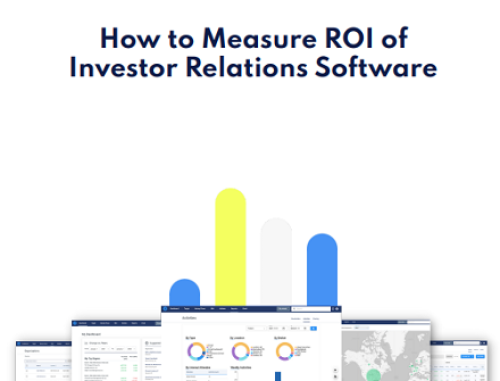A monthly roundup of academic research from the world of IR studies
Companies with short, easy-to-pronounce names experience greater liquidity, breadth of ownership and ultimately higher value, according to a US/Australian study.
Reviewing almost 10,000 firms from 1982 to 2008, the researchers find both institutional and retail investors are more easily attracted to companies (especially smaller ones) with more fluent names, such as Forest Laboratories instead of Allergan Retinoid Therapeutix. Specifically, companies with fluent names trade at a 6.6 percent premium relative to non-fluent peers.
‘Investors prefer familiar things that are easy to think about,’ explains study co-author Russell Jame, senior lecturer in finance at the University of New South Wales in Sydney, Australia. ‘Unlike the location of a firm’s headquarters, which is likely influenced by economic factors, or advertising, which is costly, selecting a fluent company name appears to be a relatively low-cost investment opportunity associated with greater company value.’
Coverage cover
Small caps struggling for news coverage might want to consider Twitter. A recent study by researchers at the University of Michigan finds evidence that firms can use ‘direct access’ technologies like Twitter to lower bid-ask spreads while increasing trading depths.
‘Technology now lets firms make direct contact with individual shareholders and our study shows taking control of that conduit can actually influence things like spreads and depth,’ explains Greg Miller, associate professor of accounting at the Ross School of Business.
Sampling tech firms with active Twitter accounts, Miller and colleagues Elizabeth Blankespoor and Hal White find the ‘Twitter effect’ particularly pronounced during the news windows of smaller companies. ‘They are the ones having the hardest time getting media and analyst attention,’ notes Miller. ‘Tweeting is a low-cost way for those that need it most to get extra coverage without paying a wire service.’
From Iowa to Iwo Jima
US and Japanese CEOs explain good and bad news in different ways, according to Dutch research. For example, in their letters to shareholders, Japanese CEOs are even more likely than US ones to blame bad news on causes beyond their control. Perhaps less surprising is that US CEOs aren’t shy to trumpet good news, while Japanese chiefs are more moderate. Both groups are equally keen to ascribe responsibility for good news to themselves, however.










